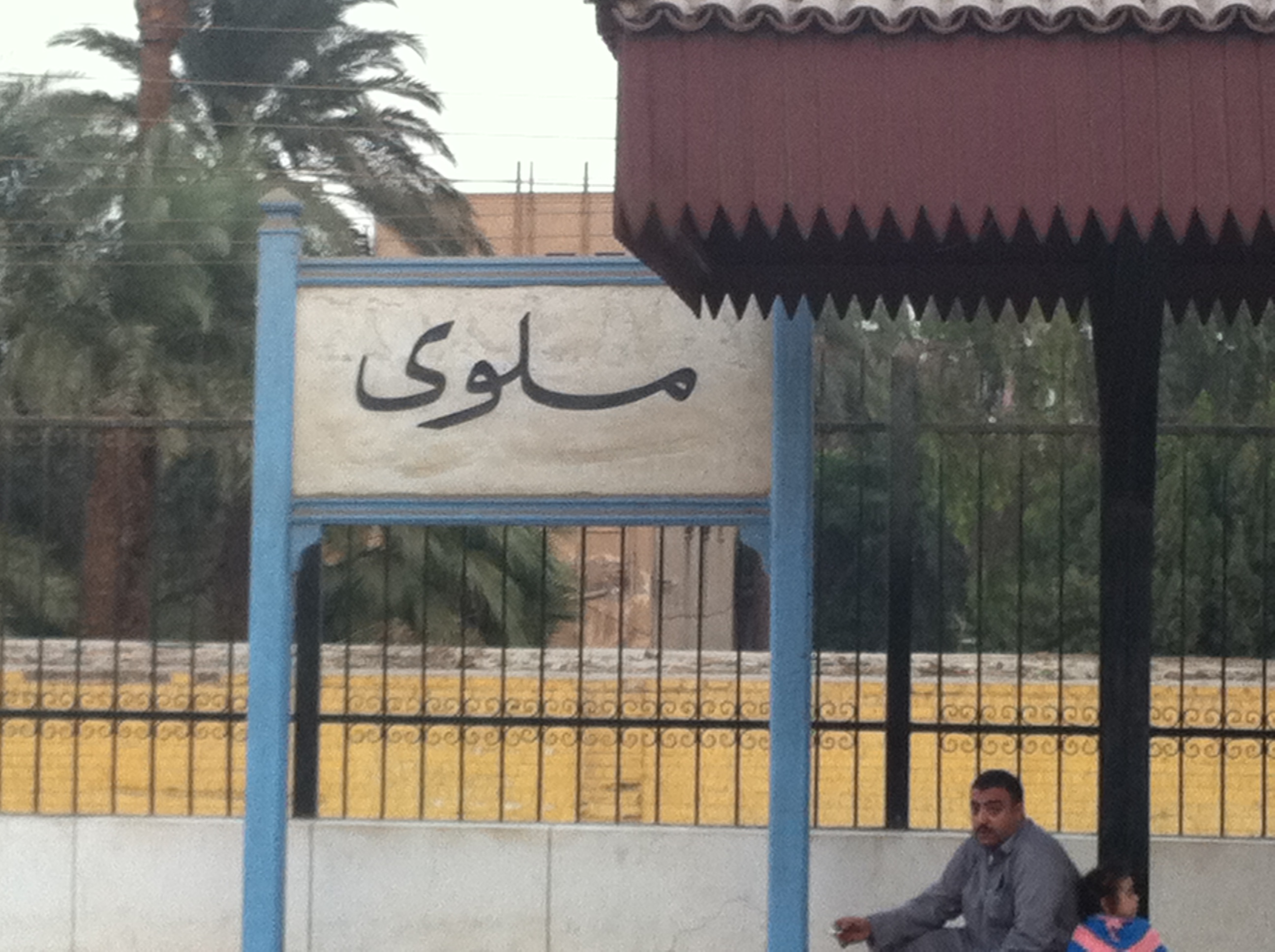TEL MOND, Israel: Last week, one of Benjamin Netanyahu’s advisors referred to Barack Obama’s ideas for resolving the conflict as “childish notions . This was his somewhat childish way of expressing what many are feeling: Obama is an enthusiastic romantic who attributes minimal significance to historic obstacle, religious impediments and political fixations. To a large extent he is reminiscent of naïve European leaders, who believe in dialogue and goodwill and think that positive energies can eliminate bloody conflicts.
The natural tendency is to disparage Obama and wait for the harsh reality to sooner or later clash with the global king’s overly rosy worldview. The Middle East is a rough region inhabited by stubborn and cynical people.
They keep their romance for wars. Embarking on battle is always enthusiastic, devoid of prolonged hesitation, sanctifies risk-taking, and is enveloped by a veneer of heroism and songs of praise.
When it comes to making peace there is always time, the question is always “why yes rather than “why not , and there is always a reason to postpone the decision, if possible to the days of the Messiah.
The meeting between Obama and Netanyahu is a meeting between two worlds. On the one hand we see the vision, dream and the look into the future, and on the other hand the caution, responsibility, and attachment to the past. It is only a matter of time before Obama’s critics will start comparing him to Neville Chamberlain.
They will ignore, as usual, the reality whereby the one Chamberlain who erred is countered in history by many examples of compromising and hopeful leaders who were able to bridge differences and overcome wars, bringing peace to the world; the same world that is also filled with tough and responsible leaders who closed their eyes in the face of hope, thereby unleashing ruin and destruction upon their countries.
No Sisyphean and complex negotiations would be able to resolve the Middle East conflict. We can waste long years in seeking creative ways and we can waste long months under the neon lights while engaging in endless discussions behind closed doors. Peace won’t come from there. It will arrive if and when we see the emergence of real leaders on both sides of the conflict; leaders who have been graced with the most important leadership quality: The ability to change direction, go against the current and take tough decisions that may be unpopular; the ability to lead a process rather than be dragged into one.
Menachem Begin and Anwar Sadat, who secured the Israel-Egypt peace treaty, were like that. Yitzhak Rabin and King Hussein, who turned Israel and Jordan into allies without resolving the complex problems of Jerusalem and the West Bank, were also like that. The fear is that Netanyahu, Assad and Abbas are not cut from the same cloth, and the hope is that Barack Obama will be able to elegantly slide into this vacuum.
George Bush proved that it isn’t enough to be the leader of the world’s most powerful nation; other traits are needed in order to take advantage of this power and make history. Obama is showing indications that he may have what it takes. Indeed, someone needs to soften up his naiveté and add a little skepticism to the great dreams, yet it is no less important to have someone who would motivate him not to let up and prevent him from surrendering in the face of despair and the skeptics; the ones who interpret vision and a desire for change as “childish .
Personally, I would prefer a local Begin and Sadat to be the peacemakers.
However, in their absence, Obama looks like a unique and interesting option. He has a dream and, yes, he can. Mostly he can be the responsible adult who saves all of us with his “childish notions .
Emmanuel Rosen is a veteran journalist and political analyst. He has worked in radio, television and print media. He currently presents a weekly programme on Israel’s Channel 2 about the media. This article is distributed by the Common Ground News Service (CGNews) with permission from Ynetnews.


